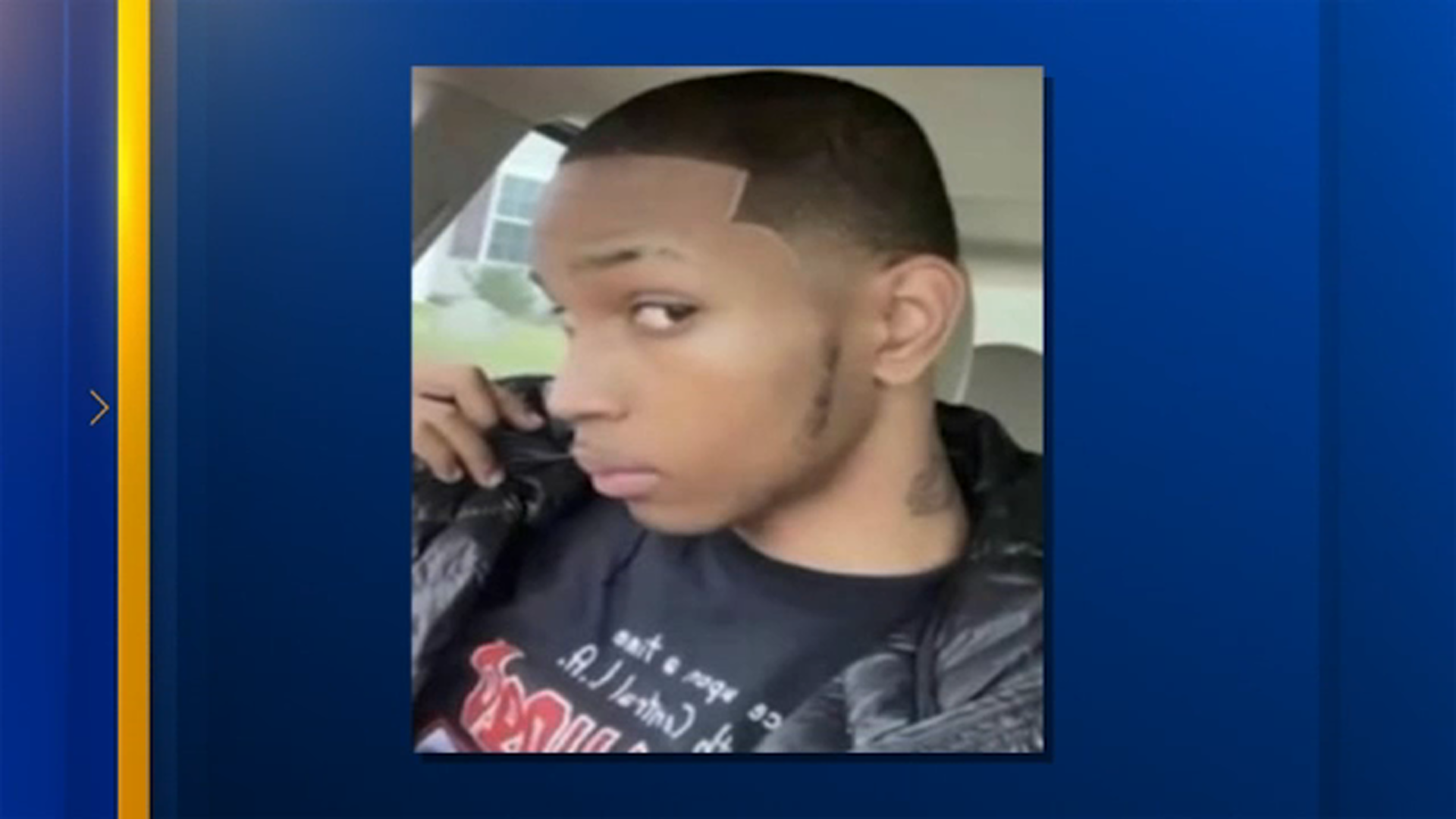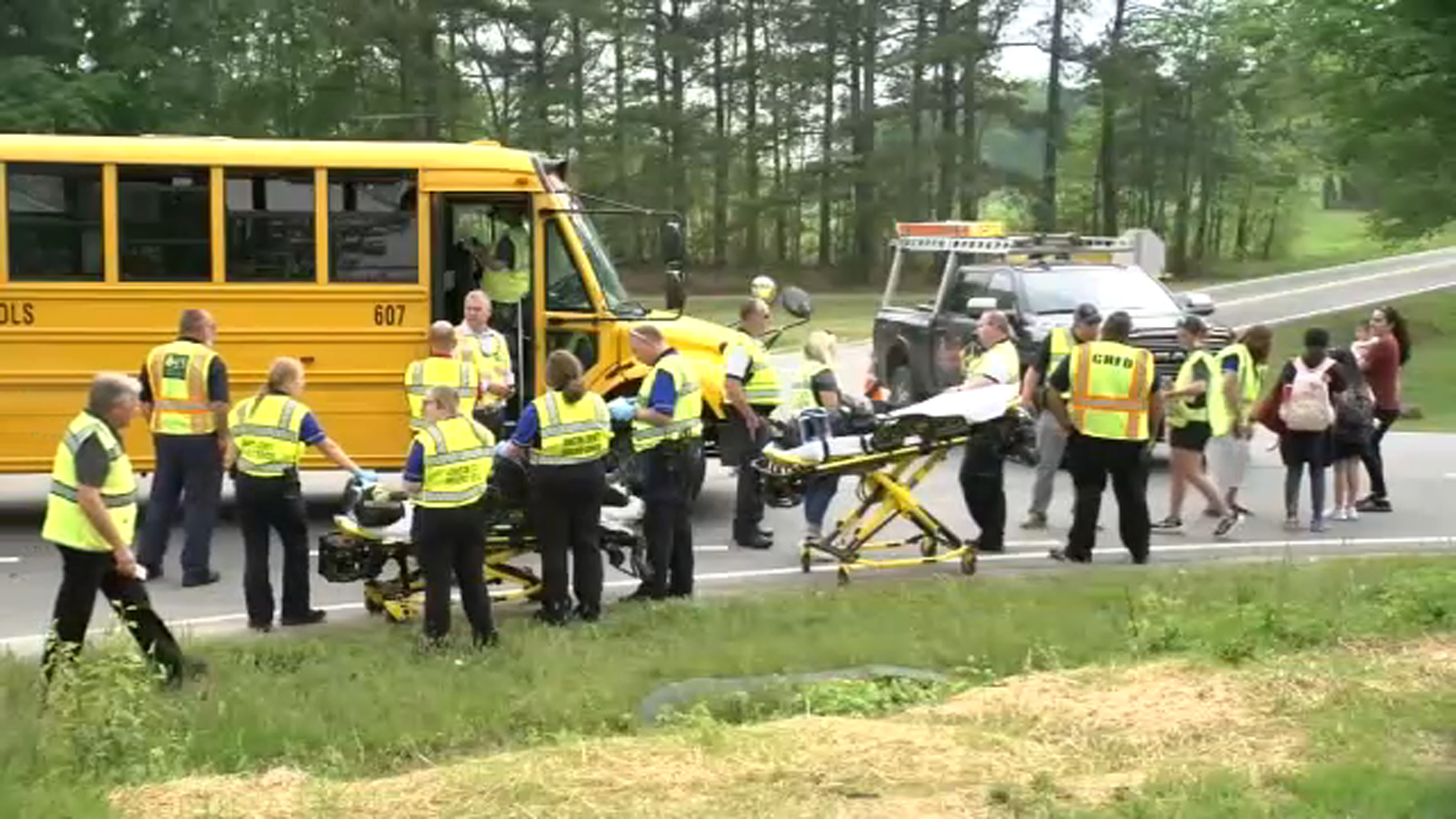Raleigh residents react to racially charged Central Park exchange
RALEIGH, N.C. (WTVD) -- A white woman's viral exchange with a black man in New York City over her unleashed dog is throwing salt in the wounds of race relations in America.
"Please call the cops," said Christian Cooper, who is black and was bird watching on Memorial Day in Central Park when he encountered Amy Cooper, who turned hostile when he asked her to leash her dog as the rules say.
"I'm going to tell them there's an African-American threatening my life," Amy Cooper responded to him at one point. New York City's Commission on Human Rights launched an investigation Wednesday into the incident. The Coopers are not related.
The woman was later fired from her job, her employer confirmed.
From Central Park to Umstead Park in Raleigh -- black and white people alike expressed shock at her comments.
"It was disappointing to see that people actually do things like this in the world," Samazia Jacobs-McDonald, an 18-year old black woman told ABC11 at Umstead Park on Wednesday.
Some people that ABC11 spoke with were stunned by how hysterical Amy Cooper became on the phone with 911 while grabbing her struggling dog by the collar.
Peter, a 28-year-old white man who wanted to be identified only by his first name, told ABC11 he is now concerned that when black people see him, they'll think he's just like her.
"I just worry that stereotypes continue to grow unfairly because I do believe there's such a small minority of people acting in such a repulsive way," Peter said.
The Central Park incident isn't the only recent troubling case.
There's 47-year-old Patricia Ripley, a woman in Florida who during the weekend, told police that two black men kidnapped her son, who had autism. She later confessed to killing the child.
Dr. Rupert Nacoste, a psychology professor at NC State, contends that the stereotype of black men as violent predators has been socialized in society and creates anxiety among non-blacks in their interactions with African-Americans.
Hear more from Dr. Rupert Nacoste in the full interview below:

It's a problem, he said, rooted in years of segregation dating to the brutal death of Emmett Till, a young black man who was lynched in Mississippi in 1955 after being accused of offending a white woman.
"I see a black man and when I tell other people that I feel threatened by that black man, what that means is, I'm asking other people to not only defend me but to defend from my idea of the violence that he represents," Nacoste told ABC11.
Because of negative stereotypes, Nacoste said some minorities have to mentally negotiate how to present themselves around white people.
"When I've been asked this before by black men, I've said there's nothing you can do but be yourself," Nacoste said.
Nacoste said it is OK to be upset by these viral incidents but warns minority communities not to respond with racism in kind, but rather to push policies around equity.
And the professor said white people can become allies in that fight.
"The white community has to start admitting that these feelings are running around in their community," Nacoste said. "Not just admitting it but engaging each other around these tensions, anxieties and stereotypes, and deal with the fact that these are dysfunctional. And talk about how dysfunctional they are."
Nacoste also said the Central Park incident is a chance for people to create meaningful ways to have conversations with people of other races.




